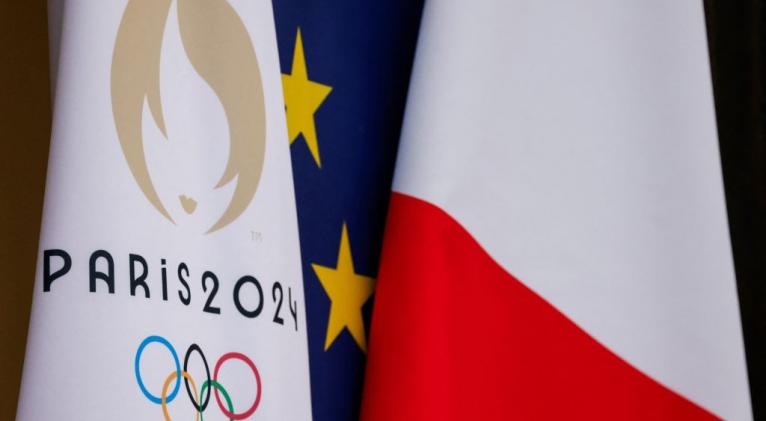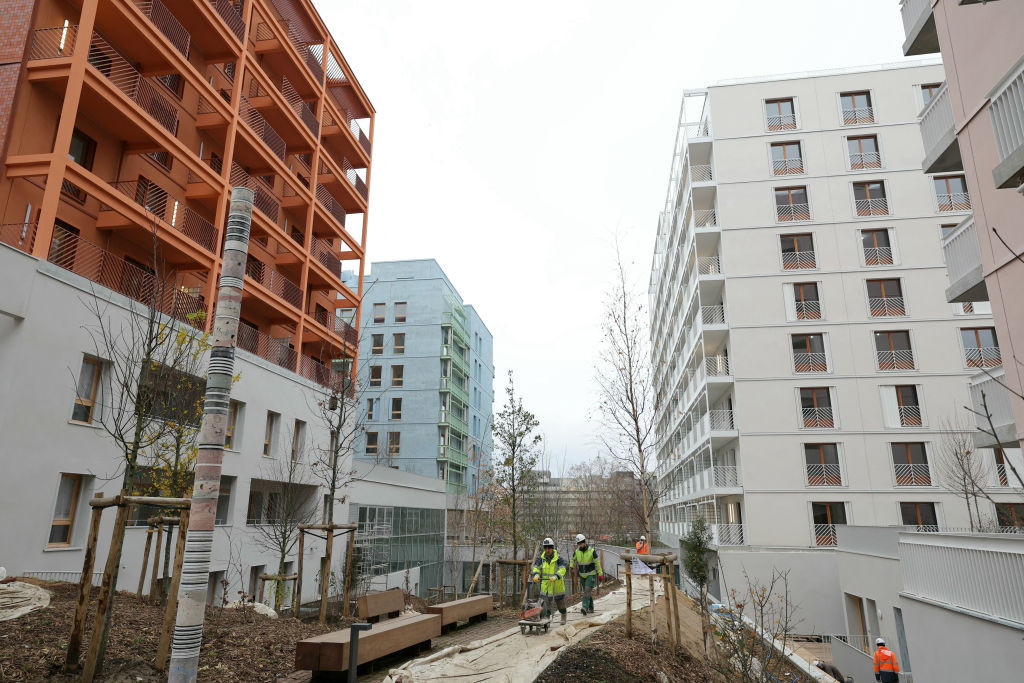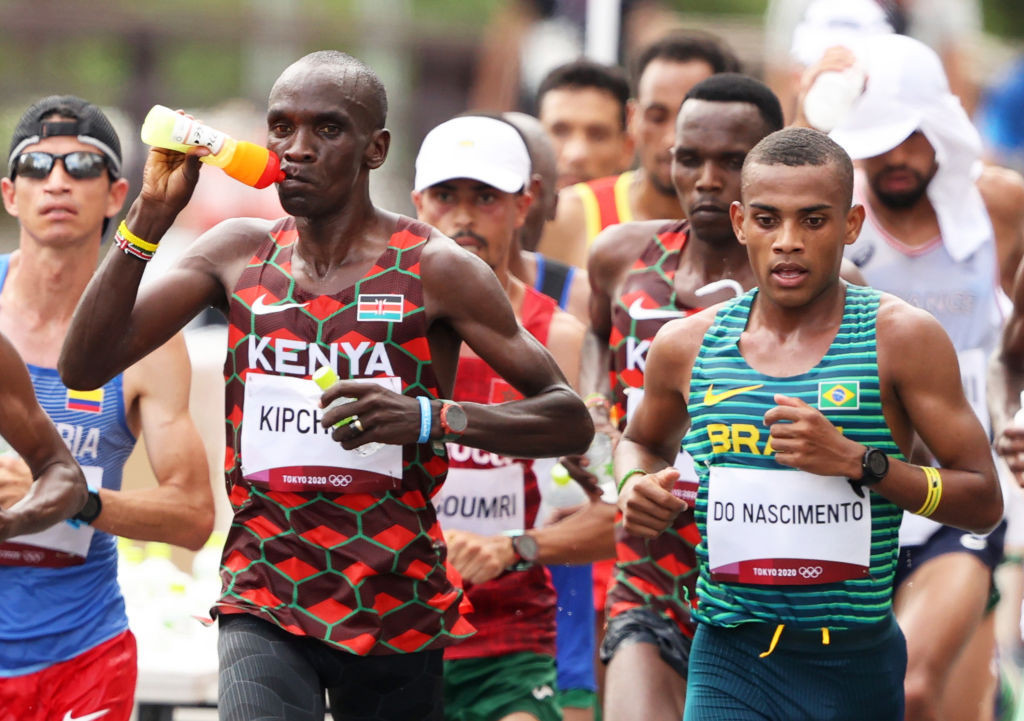Risk of Paris 2024 heatwave a cause of concern
especiales

A new study has confirmed that the French capital faces a significant risk of record-breaking temperatures in the summer of 2024, when Paris and other cities will host the Summer Olympics.
Another problem that Paris 2024 could face, pending confirmation of the study, is the heatwave that could hit the Paris region and much of France, affecting athletes, the public and the overall organisation of the upcoming Summer Games. A new study presenting "climate simulations to anticipate extreme heatwaves during the Paris 2024 Olympic Games" has attracted attention after warning that the French capital faces a non-negligible risk of record-breaking temperatures.
The study, published in December in the journal Npj Climate and Atmospheric Science, examined the risk of a two-week heatwave surpassing the absolute record set in Paris in 2003, which caused thousands of deaths during that fateful European summer. "In 20 years, the climate has changed and the idea was to warn policymakers that something even worse than 2003 could happen, which is possible," said lead author Pascal Yiou.
In line with the cited study, another study published in the journal Lancet Planet Health, known for publishing papers of global importance, showed that Paris had the highest heat-related death rate among 854 European cities. The cause was linked to the lack of green space and dense population. During the tragic summer of 2003, heat-related problems affected thousands of people and led to the deaths of 15,000 people, most of them vulnerable elderly people living alone.
This additional problem that Paris 2024 may face is not new. Over the past five years, the French capital has experienced extremely high temperatures, including heat records.

England's Jill Scott and Rachel Daly, during the semi-finals of the 2019 France Women's World Cup in Lyon. GETTY IMAGES
The absolute temperature record was set in July 2019, when Meteo-France recorded 42.6 degrees Celsius (108.7 degrees Fahrenheit) in the capital. As for the organisers of the Paris 2024 Olympics, they said they were "fully aware" of the climate risks to the Games, which are due to start at the end of July 2024. "Heatwaves and extreme weather events are factors we are taking into account and for which we are preparing as much as possible to take the necessary measures," a spokesman told AFP.
The measures include rescheduling outdoor events to start earlier or later to avoid the midday heat for athletes, the public and security forces who will spend hours under the blazing sun in the Paris countryside. Athletics events, particularly the marathon, as well as tennis and beach volleyball, are considered vulnerable to the effects of the scorching sun and high temperatures as they will not have air conditioning due to their outdoor nature. The head of the French agency responsible for building the Olympic venues, Nicolas Ferrand, has assured his country's Senate that all the indoor facilities have been built with global warming in mind.
The athletes and their comfort in the Olympic Village
The decision not to install air conditioning in the Olympic Village was a good one, especially in view of current environmental standards, but it doesn't seem to have satisfied everyone. The lack of air conditioning in the blocks between the towns of Saint-Ouen, Saint-Denis and Ile-Saint-Denis (in the north of Paris), where the 52 hectares of the Olympic Village will be located, will be replaced by a natural geothermal cooling system, as well as sunshades, greenery and natural ventilation. According to the builders, this will ensure that the indoor temperature is at least 6.0 degrees Celsius lower than the outdoor temperature, which some participating countries consider to be insufficient for temperatures similar to those of the last five years.

Work in progress at the Paris 2024 Olympic Village during a media tour. GETTY IMAGES
"Air conditioning in the village was a problem," a European diplomat involved in Olympic coordination told AFP on condition of anonymity. There is also a commitment to provide delegations with portable air conditioning units. If they end up being used, not only will the green target not be met, but it could even be worse, as portable air conditioners use more energy (according to a report by energy company Repsol, the consumption of a portable air conditioner could be up to 30% higher than a fixed one).
Tokyo 2020 and what is being done:
The last Summer Olympics were held in the Japanese capital in 2021, which also faced a scorching summer. It was the hottest Olympic Games ever recorded, with temperatures regularly exceeding 30ºC degrees Celsius (86 degrees Fahrenheit), accompanied by 80 per cent humidity, adding to the heat sensation.
In response, the Tokyo 2020 organisers moved the race walking events and two marathons to the city of Sapporo, 790 kilometres north of Tokyo, in the hope of cooler weather with an average drop of up to 6 degrees.

Kenya's Eliud Kipchoge of Team Kenya hydrates before winning gold in the marathon at Tokyo 2020. GETTY MAGES
Despite a variety of heat countermeasures, including misting stations, many athletes struggled and suffered from the heat, including Russian tennis player Daniil Medvedev, who openly wondered on the court if he might die.
Many athletes are adapting to climate change by training more in warm climates, either at training camps abroad or in specially designed bubbles that can artificially increase heat and humidity.
While the athletes are the main protagonists and it's right to take care of them and take measures, despite their adaptation to the climatic conditions through rigorous training, we must not neglect or leave unprotected the general public and the personnel dedicated to the security and organisation of the Games, as well as the thousands of volunteers and workers in general. They are also an important part of the Olympic Games and are not usually taken into account in any of the measures".














Add new comment